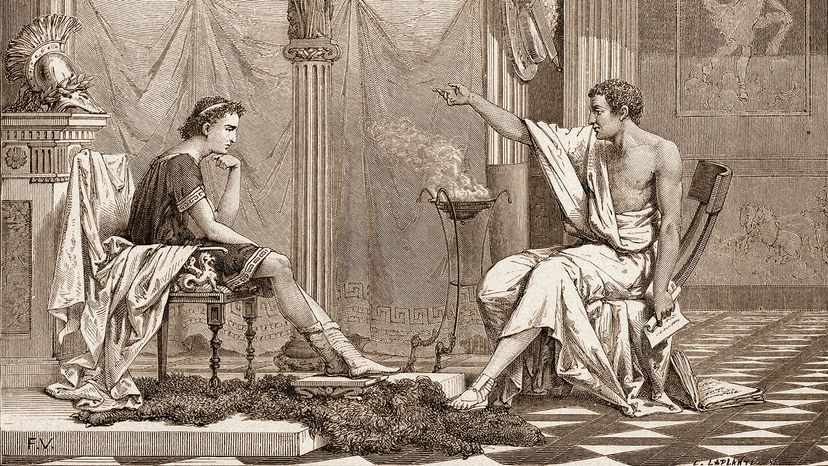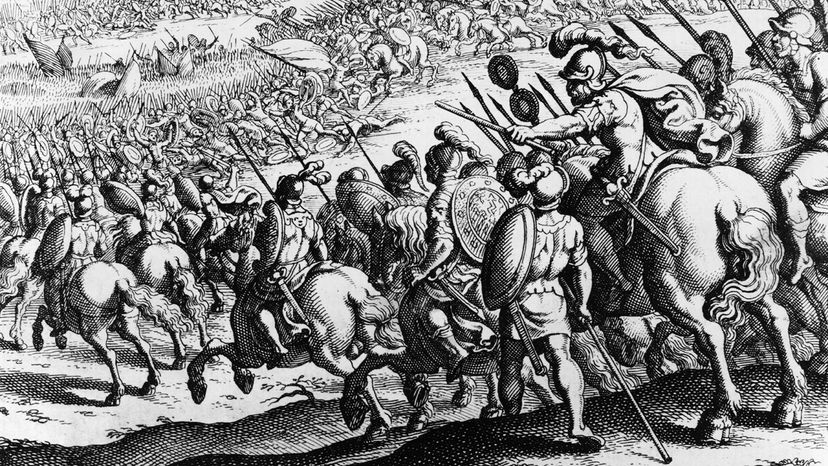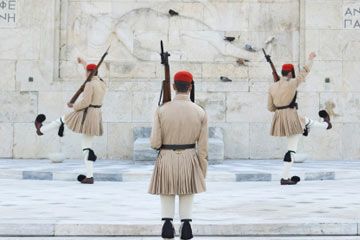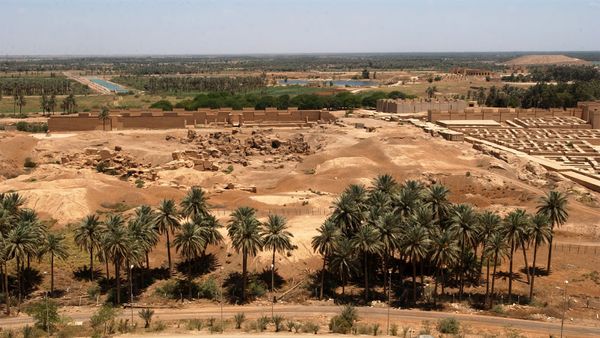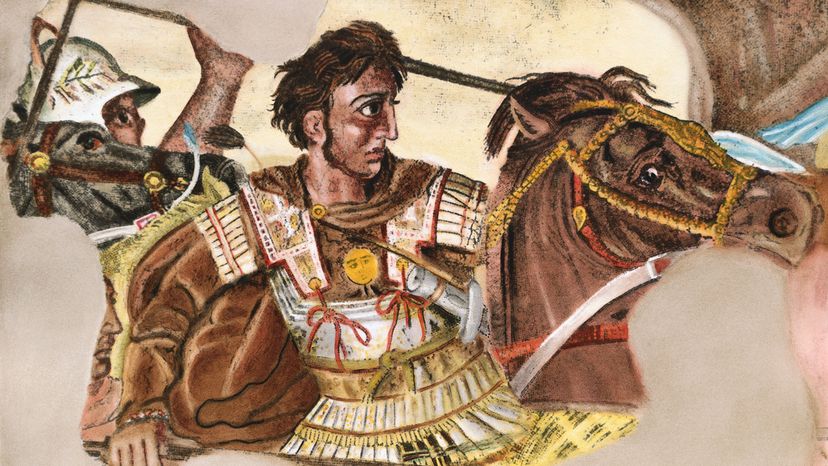
When Alexander III of Macedon died in Babylon at just 32 years old, he ruled a territory that spanned three continents and covered nearly 2 million square miles (5 million square kilometers). Not only was he the king of his native Macedonia, but he was also ruler of the Greeks, the king of Persia and even an Egyptian pharaoh.
So, did he deserve the title Alexander the Great? Absolutely.
Advertisement
"It's hard to imagine another human being whose personal choices had an impact on more people's lives for many centuries than Alexander," says historian Elizabeth Carney, an Alexander scholar from Clemson University in South Carolina.
"Because of the decisions Alexander made, hundreds of thousands of people died, any number of political entities disappeared or were replaced. And perhaps most importantly, he helped launch this vast cultural enterprise that combined aspects of the Greek and Macedonian world with aspects of the various worlds he conquered."
With that in mind, here are some other big things about him.
Advertisement
